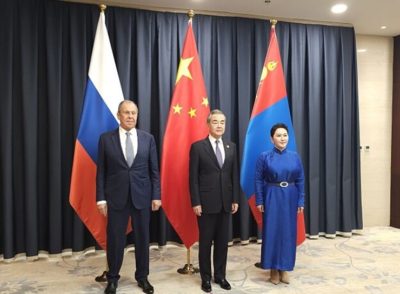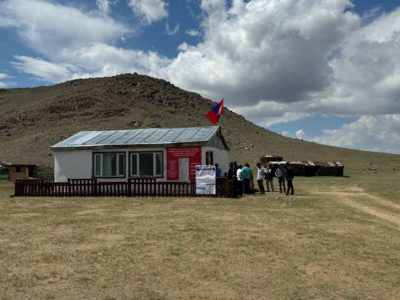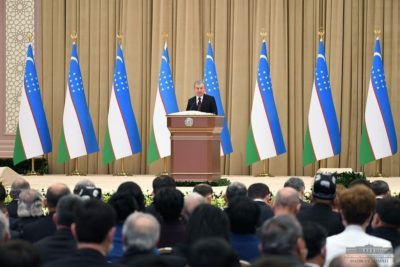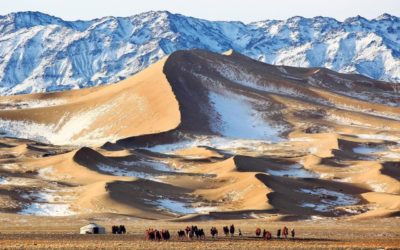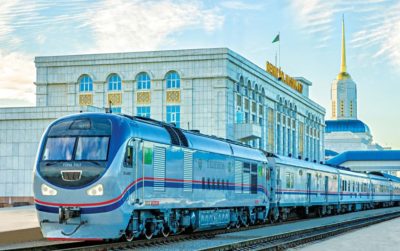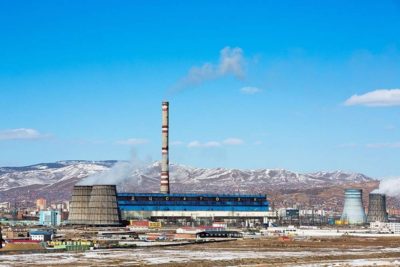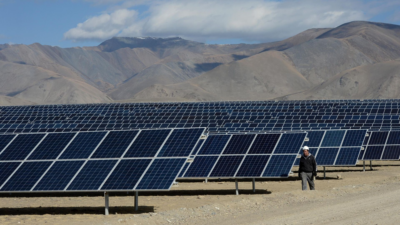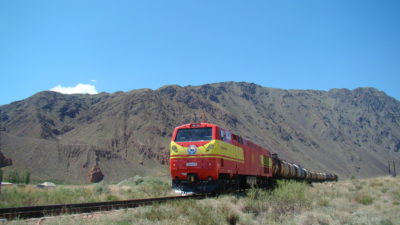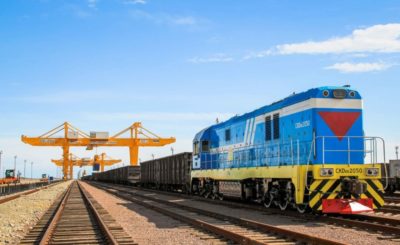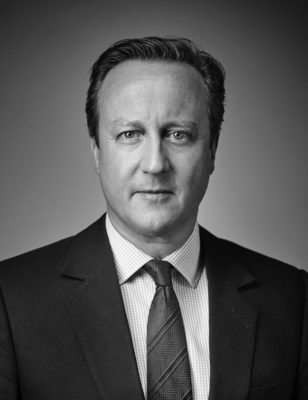"Missing again"? Mongolia at the SCO Summit
With the final accession of Belarus to the SCO, Mongolia found itself in the curious position of remaining one of the organisation’s two observers, and the only one whose high-level representatives attended the July 2024 summit in Astana. Nevertheless, Mongolia’s President and Foreign Minister have again spoken of preserving and developing the “proactive observer” tradition.
2024 Khural Elections: a new milestone in the history of Mongolian democracy
On June 28, 2024, Mongolia held elections to the State Great Khural, the country’s parliament. Due to the special political system in Mongolia, which is a de facto mixed republic with broad parliamentary powers, parliamentary elections are perhaps the key domestic political event in the country. They determine the composition of the Cabinet of Ministers and the real balance of power in the political arena.
Reforms in Uzbekistan: a new stage in the political development of the republic
The process of reforming the political system in Uzbekistan reached a fundamentally new level in 2023-2024. The transformations currently being implemented are aimed at increasing the participation of the population in political processes, but in doing so they stay away from Western patterns, instead offering original and even unique solutions that are potentially useful not only for Uzbekistan, but also for other countries in the region…
The ‘Blue Horse’ of Mongolia and the safety of Lake Baikal – the news is encouraging, but not yet reassuring
The ‘Blue Horse’ is a project noble in its designs, aiming to bring water to those lands where sand dust rules. Nevertheless, despite all the imaginary (and quite real) prospects created for Mongolia by this initiative, its implementation is almost inevitably associated with negative consequences for the vast Baikal region. Is there an optimal way out of this difficult situation?
Turkmentransit 2024: Turkmenistan and continental highways
Turkmenistan, whose geographical position seems quite favourable for promoting the initiative for the development of Eurasian transit highways in Central Asia, almost always remains outside the main focus of attention. Nevertheless, the republic is actively exploring the possibilities both of participating in foreign projects and promoting its own, and also seeks to attract as much investment as possible not only in its key oil and gas industry, but also in the field of transport infrastructure.
Mongolia-USA: a paradoxical military partnership?
The military cooperation of the self-proclaimed global hegemon with a small and critically remote state turns out to be, upon careful consideration, multifaceted and profound. A number of facts, showing the active immersion of the United States in the defence sector of Mongolia, prove this to be evident.
Thermal power in Mongolia - a past that has found demand in the present
Today, in the era of active development of green energy, which has swept not only developed but also developing countries, traditional energy sources such as brown coal remain important in Mongolia – even though renewable energy sources are being developed in parallel in the country. The authorities of the country, where all major energy facilities were built by foreign (in this case Soviet) specialists many decades ago, have in recent years begun to turn their attention back to thermal power generation, abandoning utopian notions of renewable energy as a universal “panacea” capable of ridding the country of the threat of energy shortages without harming the environment.
Renewables in Kyrgyzstan: the green future of Central Asia
The years 2023-2024 can confidently be called a “boom” period for the development of solar and wind energy in Kyrgyzstan. One of the word’s leading countries in terms of the share of renewable energy in its energy mix, Kyrgyzstan has recently become a haven for investments in green energy from a wide variety of nations. This all ties in with the ambition of Kyrgyzstan’s government to make the Central Asian republic self-sufficient in terms of energy and then transform into an exporter of electricity.
Kyrgyzstan's railways - struggling to create a unified network
Kyrgyzstan’s railways currently consist of six sections connected to each other only through the territories of the neighbouring republics of Kazakhstan and Uzbekistan. In particular, we are talking about the longest northern section – about 300 kilometres from the border with Kazakhstan to Lake Issyk-Kul, as well as five short (a few dozen kilometres) sections, which are dead-end branches to major cities from the railway that runs in an arc through the Uzbek part of the Fergana Valley…
The Dostyk-Moyinty railroad: a second line, and two routes
According to data for 2023, up to 50% of rail freight on the China-Russia-Europe route was carried along the railroad leading from PRC to Russia via Kazakhstan. This proportion is equal to the total volume of freight carried along the routes across the Russian-Chinese border and Mongolia. Moreover, Kazakh President Kassym-Jomart Tokayev estimates that the total volume of freight carried through Kazakhstan in 2023 was 29 million tons…
Ovoot-Erdinet and the Northern Railway Corridor: Prospects and Challenges
The Ovoot-Erdenet railroad line is currently under construction in Mongolia. This railroad line is one of the key sections of the so-called “Northern Railway Corridor” – a rail highway to connect Western Siberia with the PRC, the possibility of which is envisaged in the 2016 Russia-Mongolia-China Economic Corridor Project List. The length of the Ovoot-Erdenet line is 542 kilometers and the tracks run through areas with very difficult terrain and minimal power and road transport infrastructure…
Macron, Sullivan and now Cameron are the agents of Russophobia and Chinaphobia in ’Inner Asia’
D. Cameron’s trip, which took place in the last decade of April 2024, was the first ever consecutive visit of the UK Secretary of State for Foreign…
